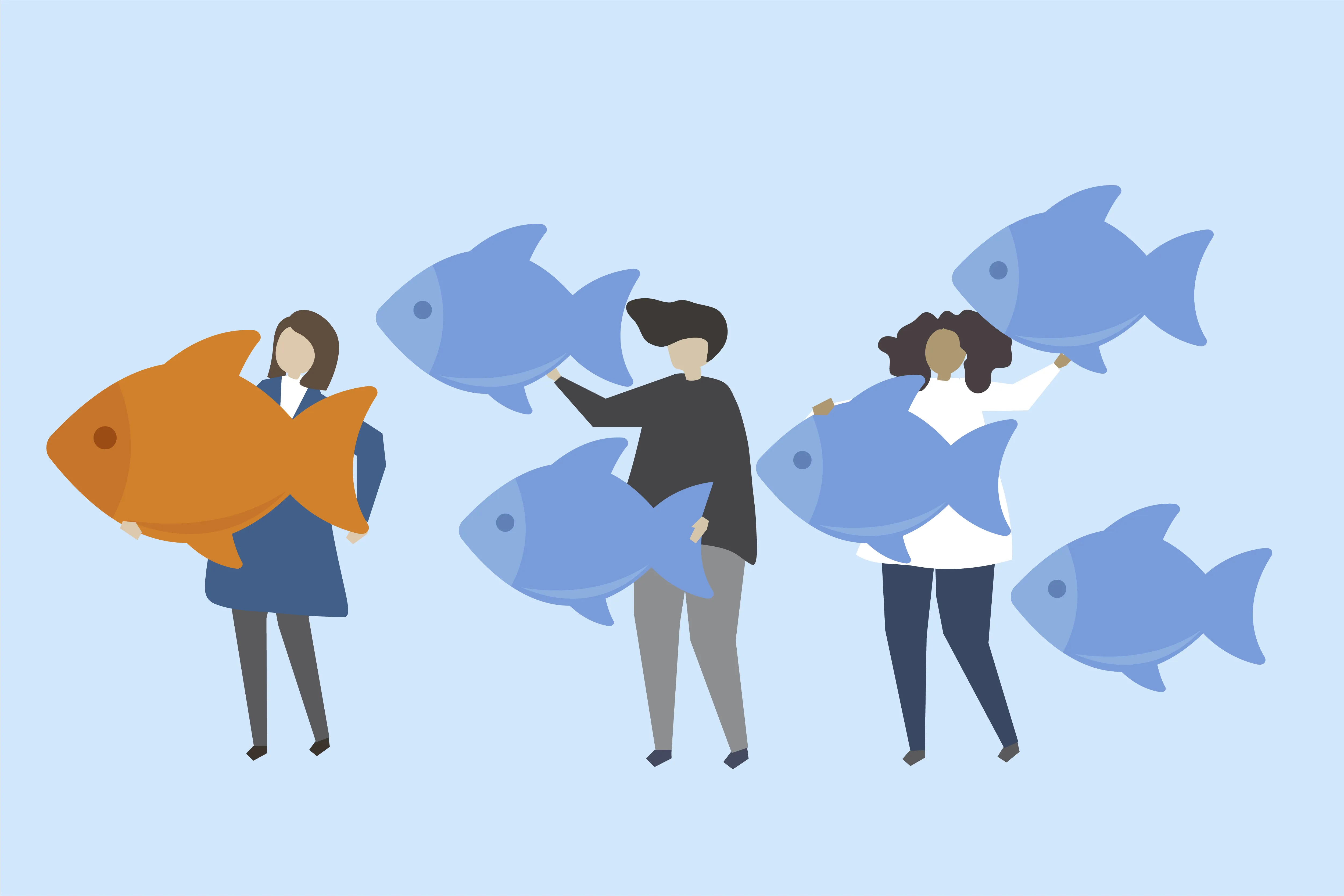FISH: Innovation and Sustainability for Agriculture

The Farmers Innovation Science Hub (FISH) project, framed within the ERASMUS+ program, has as its main goal the promotion of environmental sustainability and food security through the implementation of innovative techniques that optimize resource use, especially water. By combining traditional methods with modern technologies such as hydroponics, aquaponics, and electronic sensors, FISH aims to improve plant production and, optionally, integrate it with fish farming.
This project is aimed at small and medium-scale farmers and livestock producers, as well as social groups and individuals interested in improving their self-consumption. Its objectives include:
- Promoting learning opportunities and skill development for adults.
- Providing practical tools to optimize sustainable plant and fish farming.
- Contributing to environmental protection and conservation.
- Increasing community resilience through sustainable production systems that improve food security.
This project is made possible thanks to the collaboration and work of three European entities:
- IMAGINA, Educación y Ocio, S.L. (Spain): An educational consultancy specializing in training and leisure projects.
- We Do FabLab (Italy): An association dedicated to technological innovation and digital fabrication.
- Associação Terra Maronesa (Portugal): An organization focused on promoting and conserving rural areas and their resources.
The implementation of FISH offers multiple benefits, including:
- Sustainable production systems: The integration of techniques like aquaponics enables efficient resource use, reducing water consumption and promoting environmentally friendly agricultural practices.
- Improved food security: By facilitating self-consumption and diversifying production, communities achieve greater autonomy and access to fresh, healthy food.
- Training and empowerment: Through courses and educational materials, participants are trained in innovative techniques, strengthening their skills and adaptability in the face of challenges such as climate change and water scarcity.
The following activities are planned within the FISH Project:
Research on sustainable production in Europe and the development of an educational manual
A study will be conducted to gather best practices and techniques for the sustainable production of plant species, including methods such as hydroponics and aquaponics.The outcome of this work will be presented in a PDF educational manual, complemented by tutorial videos, making it easy and accessible for interested individuals to learn.
Training course in sustainable production
This course aims to provide the knowledge and skills necessary to produce food more sustainably, while promoting greater ecological awareness.Participants will learn how to design an efficient, cost-effective, and easy-to-maintain production system using native species that promote sustainability and resilience in farming.
- Location: Vila Pouca de Aguiar (Portugal)
Dates: April 21 and 22, 2025
Training course in hydroponics
This course is designed to train participants in sustainable production through hydroponics. Both theory and practice will be covered, with a special focus on the construction of small-scale Wicking Bed prototypes.The goal is for attendees to understand how this innovative cultivation system works, applying it practically with the training team.
- Location: Omegna (Milan, Italy)
Dates: May 19 and 20, 2025
Training course in aquaponics
In this course, participants will learn how to build and operate aquaponic systems, combining plant cultivation with fish farming in a sustainable ecosystem.During the training, an aquaponic system will be installed at the Alamillo Park gardens in Seville, with the collaboration of the gardeners’ association and the park management.
- Location: Seville (Spain)
Dates: June 2 and 3, 2025
FISH Multiplier Event
This training event aims to spread innovative sustainable farming techniques, such as hydroponics and aquaponics, as well as showcase digital tools for their monitoring.The results of the FISH project will be presented, including research findings, course content, and the aquaponic construction carried out in Seville.
- Location: Seville (Spain)
- Date: June 3, 2025 (afternoon)




